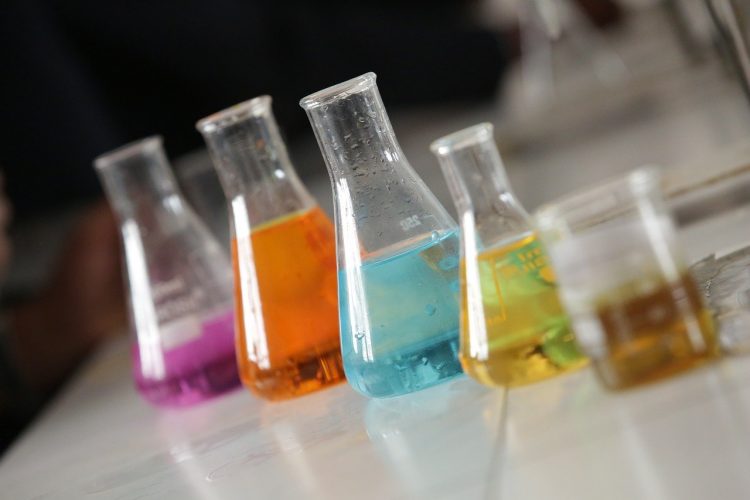 Dr. Kenichi Tamama, medical director of the UPMC Clinical Toxicology Laboratory, analyzed the patient’s other lab results and noticed yeast and very high sugar level in her urine. It didn’t take long to put two and two together – the yeast caused the sugar to ferment producing alcohol. We all have yeast in our urine, but the 61-year-old suffered from diabetes which she treated poorly, and that caused the unusually high sugar levels in her bladder.
The unnamed woman became the first to be diagnosed with “urinary auto-brewery syndrome”or “bladder fermentation syndrome”, which doctors point out id very different than the already thoroughly documented gut fermentation syndrome, where the gastrointestinal tract causes the body to convert ingested carbohydrates into alcohol. Patients with gut fermentation syndrome usually have alcohol in their blood as well, or present symptoms of intoxication, because the gut allows alcohol to pass into the bloodstream. On the other hand, the bladder doesn’t allow ethanol to pass through the bladder wall, so it’s not absorbed into the blood.
Kenichi Tamama declared himself content with being able to help diagnose the woman’s condition, as the issue of alcohol abuse diagnosis had been haunting her. The woman is now once again being considered for a liver transplant.
Dr. Kenichi Tamama, medical director of the UPMC Clinical Toxicology Laboratory, analyzed the patient’s other lab results and noticed yeast and very high sugar level in her urine. It didn’t take long to put two and two together – the yeast caused the sugar to ferment producing alcohol. We all have yeast in our urine, but the 61-year-old suffered from diabetes which she treated poorly, and that caused the unusually high sugar levels in her bladder.
The unnamed woman became the first to be diagnosed with “urinary auto-brewery syndrome”or “bladder fermentation syndrome”, which doctors point out id very different than the already thoroughly documented gut fermentation syndrome, where the gastrointestinal tract causes the body to convert ingested carbohydrates into alcohol. Patients with gut fermentation syndrome usually have alcohol in their blood as well, or present symptoms of intoxication, because the gut allows alcohol to pass into the bloodstream. On the other hand, the bladder doesn’t allow ethanol to pass through the bladder wall, so it’s not absorbed into the blood.
Kenichi Tamama declared himself content with being able to help diagnose the woman’s condition, as the issue of alcohol abuse diagnosis had been haunting her. The woman is now once again being considered for a liver transplant.
DISCLAIMER: The Views, Comments, Opinions, Contributions and Statements made by Readers and Contributors on this platform do not necessarily represent the views or policy of Multimedia Group Limited.
Latest Stories
-
Paris 2024: Opening ceremony showcases grandiose celebration of French culture and diversity
3 hours -
How decline of Indian vultures led to 500,000 human deaths
4 hours -
Paris 2024: Ghana rocks ‘fabulous fugu’ at olympics opening ceremony
4 hours -
Trust Hospital faces financial strain with rising debt levels – Auditor-General’s report
4 hours -
Electrochem lease: Allocate portions of land to Songor people – Resident demand
5 hours -
82 widows receive financial aid from Chayil Foundation
5 hours -
The silent struggles: Female journalists grapple with Ghana’s high cost of living
5 hours -
BoG yet to make any payment to Service Ghana Auto Group
5 hours -
‘Crushed Young’: The Multimedia Group, JL Properties surprise accident victim’s family with fully-furnished apartment
6 hours -
Asante Kotoko needs structure that would outlive any administration – Opoku Nti
6 hours -
JoyNews exposé on Customs officials demanding bribes airs on July 29
7 hours -
JoyNews Impact Maker Awardee ships first consignment of honey from Kwahu Afram Plains
8 hours -
Joint committee under fire over report on salt mining lease granted Electrochem
8 hours -
Life Lounge with Edem Knight-Tay: Don’t be beaten the third time
8 hours -
Pro-NPP group launched to help ‘Break the 8’
8 hours

